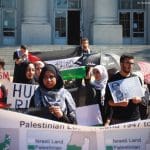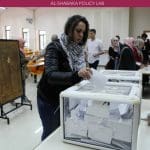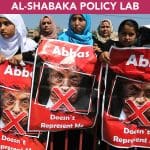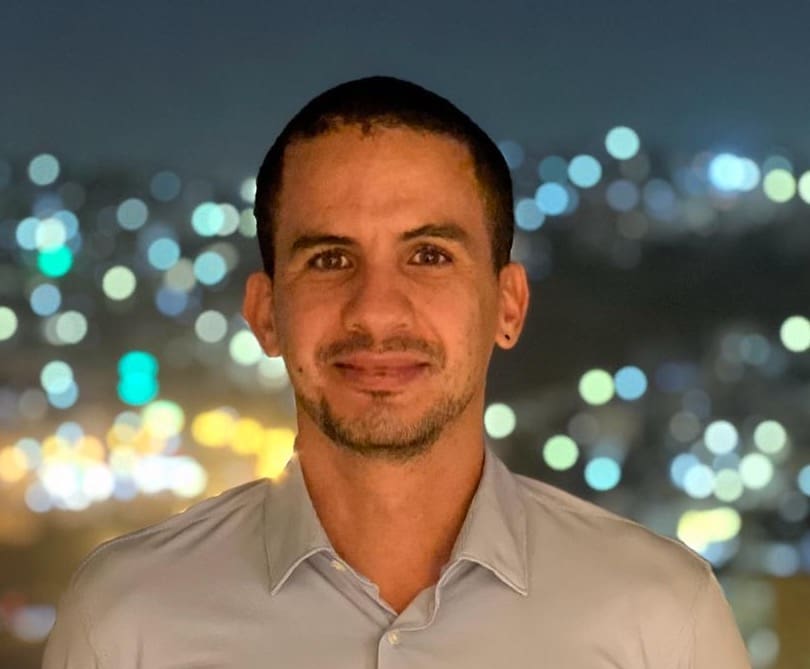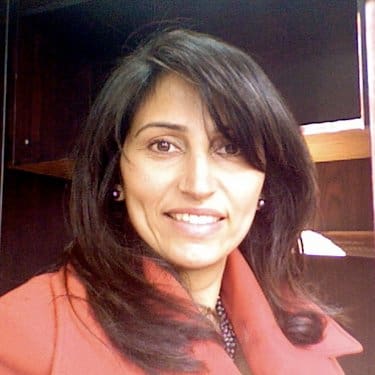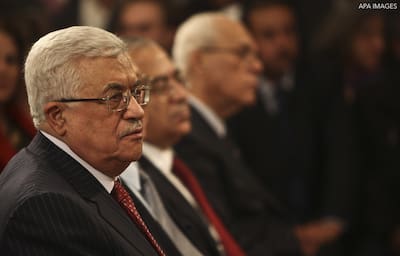
Palestinians in the West Bank and Gaza are bracing for the first general elections to take place in 15 years, while the Palestinian Authority seeks to renew its legitimacy amid shifting regional and global realities.
Who are the leaders and political bodies Palestinians will be voting for? How are these elections affected by regional and global stakeholders? Given Israel’s ongoing military occupation and the deepening fragmentation of Palestinian civil society, can these elections bring about significant change?
In this policy lab, Al-Shabaka policy analysts Diana Buttu and Munir Nuseibah join host Nadim Bawalsa to discuss these questions and more.
Nadim Bawalsa is Associate Editor with the Journal of Palestine Studies. From 2020-2023, Nadim served as Al-Shabaka’s commissioning editor. He is a historian of modern Palestine, and author of Transnational Palestine: Migration and the Right of Return before 1948 (Stanford University Press, 2022). His other work has appeared in the Jerusalem Quarterly, the Journal of Palestine Studies, NACLA Report on the Americas, and as well as in edited volumes. He earned a joint doctorate in History and Middle Eastern & Islamic Studies from New York University in 2017, and a Master’s in Arab Studies from Georgetown University’s Center for Contemporary Arab Studies in 2010. In 2019-2020, he was awarded a PARC-NEH fellowship in Palestine.
Munir Nuseibah is a human rights lawyer and academic based in Al-Quds University in Jerusalem, Palestine. He is an assistant professor at Al-Quds University’s faculty of law; the director (and co-founder) of Al-Quds Human Rights Clinic, the first accredited clinical legal education program in the Arab World; and the director of the Community Action Center in Jerusalem. He holds an LL.M in International Legal Studies from the Washington College of Law of the American University in Washington DC and a PhD degree from the University of Westminster in London, UK, where his thesis dealt with Forced Displacement in the Palestinian-Israeli Conflict, International Law, and Transitional Justice.
Diana Buttu is a lawyer who previously served as a legal advisor to the Palestinian negotiating team and was part of the team that assisted in the successful litigation of the Wall before the International Court of Justice. She frequently comments on Palestine for international news media outlets such as CNN and BBC; is a political analyst for Al Jazeera International and is a regular contributor to The Middle East magazine. She maintains a law practice in Palestine, focusing on international human rights law.











